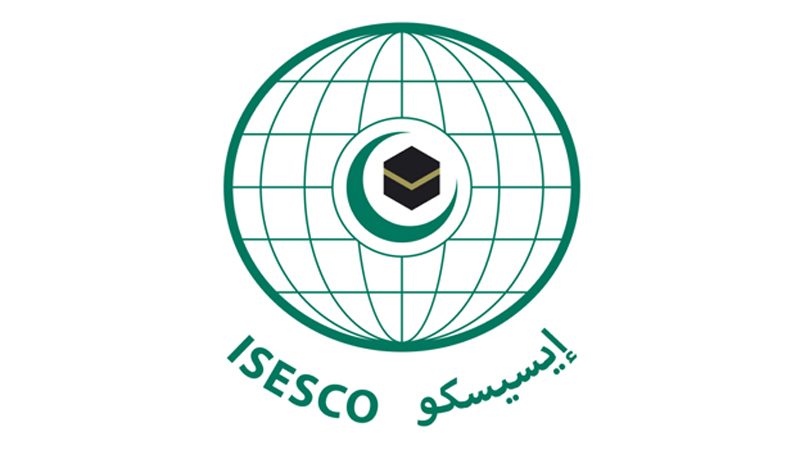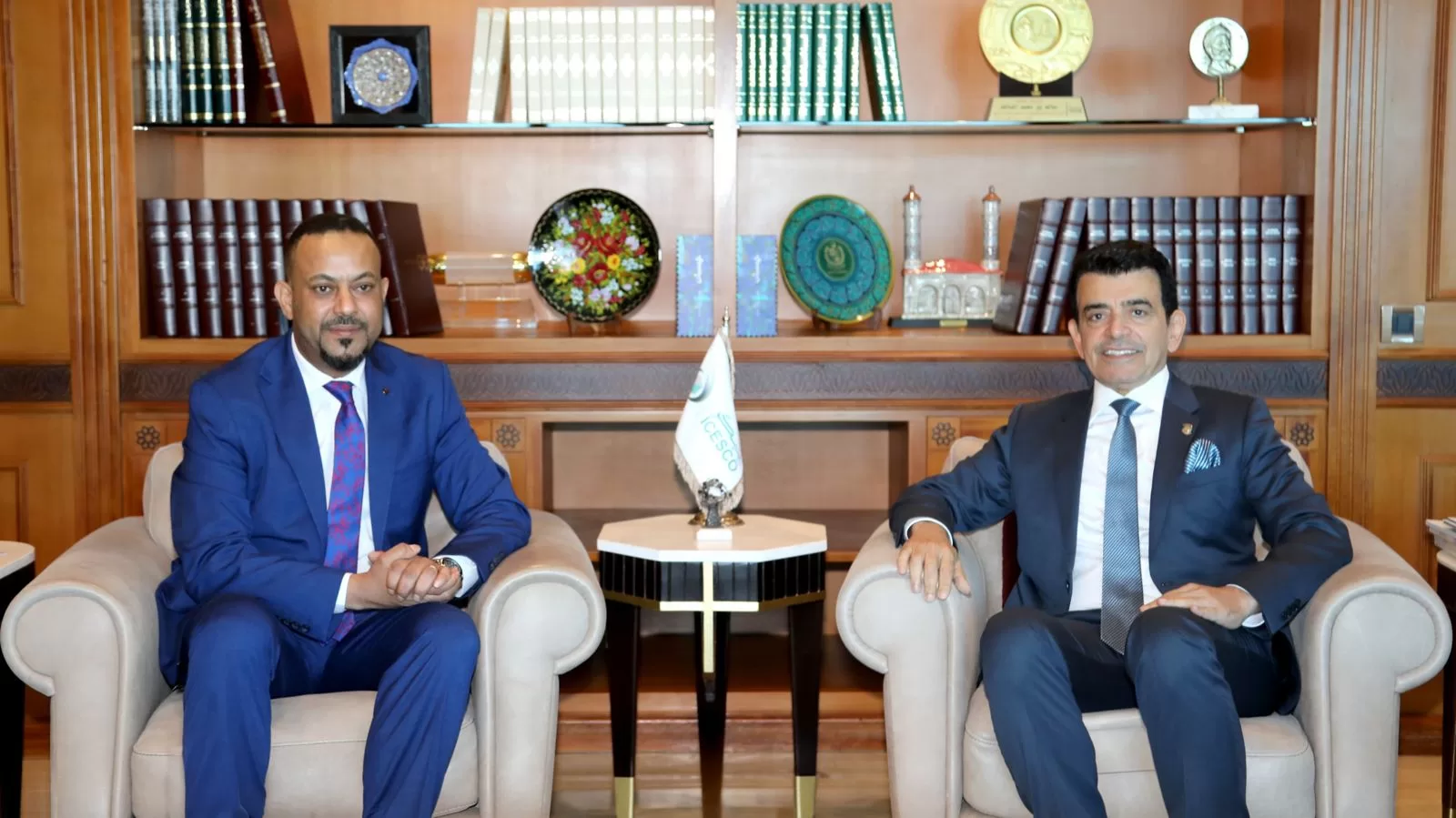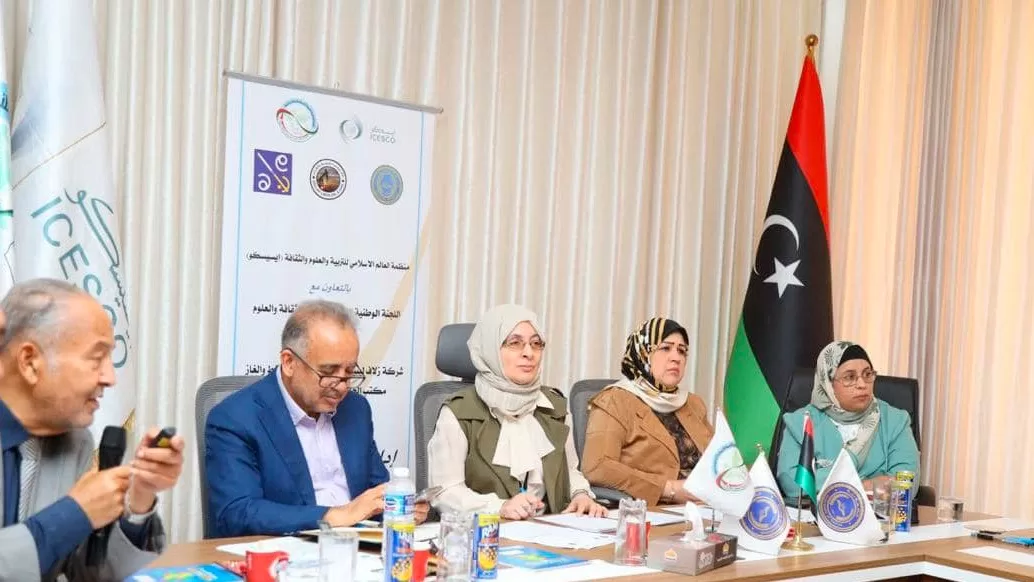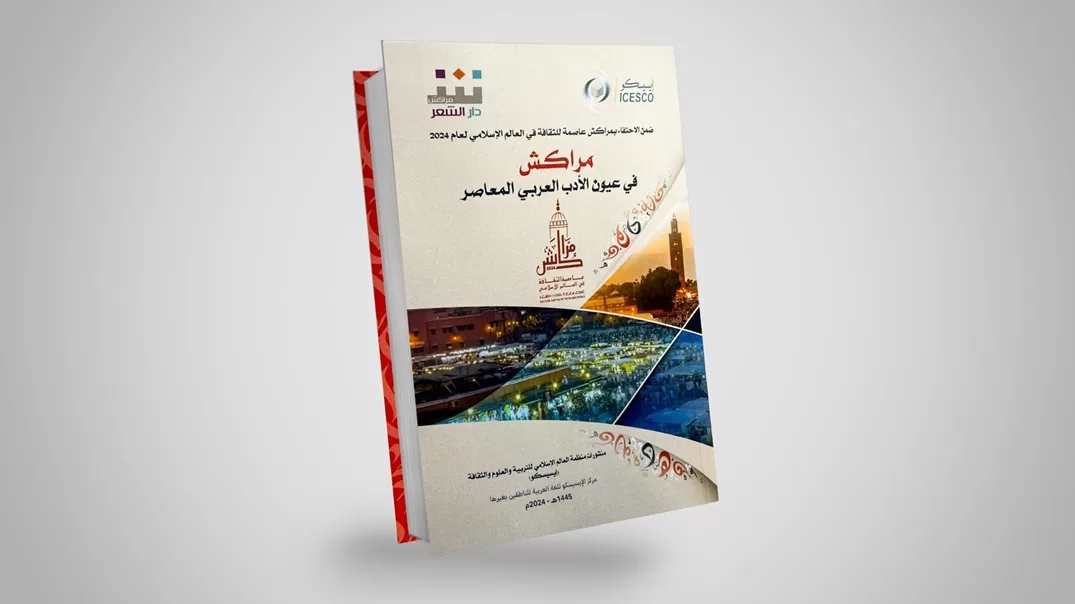
On the occasion of the International Literacy Day, ISESCO calls for adopting: A new approach to fight literacy in the Islamic world to promote inclusive sustainable development and provide productive employment

6 September 2019
In its statement on the occasion of the International Literacy Day, celebrated on 8 September each year, the Islamic Educational, Scientific and Cultural Organization (ISESCO) called on its 54 Member States to strengthen their capacities and join efforts towards achieving literacy, as part of the recommendations of the World Education Forum held in Dakar in 2000, so as to adopt a new approach to achieve the principle of education for all, alongside integrating literacy programs at the heart of the Sustainable Development Goals (SDGs) by 2030 on (Promoting constant, inclusive and sustainable economic growth for all, full and productive employment, and providing decent work for all).
The statement of ISESCO indicated that the recent studies and specialized reports made by its experts within the framework of the new vision of the Organization affirm the strong link between education and economic growth, given that education is among the production factors that contribute to the increase of economic growth rate through the correlation between the average level of education of the population and the annual growth of the gross domestic product per capita.
Besides, ISESCO indicated that analyzing the relationship between literacy, labor sector, and economic growth reveals that a large segment of the active population, especially in the sectors of agriculture and marine fishing, does not benefit as intended from the services of education, particularly literacy and the informal education. Consequently, this prevents the said segment from fully developing their skills and improving their competitiveness so as to be appreciated in the labor sector.
Moreover, the statement explained that the relationship between literacy and the sector of technical and professional training, which could rehabilitate human resources and promote employment and production opportunities among the ones who broke free from illiteracy, remains unclear in several Member States. It also called for the adoption of effective and appropriate measures at the level of literacy policies and practices, in close connection with the sectors of professional and economic training, and building links between the national literacy plans and their counterparts in the field of development in all the economic sectors.
Based on its new vision, ISESCO recommended that the literacy and informal education programs for uneducated or dropout adults and teenagers should be based on references relevant to daily life skills, and focus on the labor market in many sectors including agriculture, ranching, marine fishing, traditional handicraft, and energy and mineral resources. Therefore, the training modules on income-generating activities for women strengthened by post-integration support would have a significant impact in promoting employment opportunities and economic growth among women.
ISESCO called on the Member States to strengthen the literacy and informal education systems with high quality indicators in the field of follow-up and assessment, provide courses between the programs of literacy and professional and technical training and formal education systems, and establish an effective partnership between the sector of literacy and professional training and the employers so as to meet to the current and future employment requirements.
In the light of the new vision of ISESCO, the Organization called for keeping pace with the modern labor mobility distinguished by global competitiveness and the globalization of markets. According to the statement, the establishment and use of the information and communication technology in the work field, it becomes mandatory to take into account the dimension of digital literacy in order to merge the acquirement of necessary knowledge in reading, writing, and arithmetic, and the use of modern technologies as productive work tools.
Furthermore, ISESCO recommended integrating the dimension of the working environment in the literacy training programmes, so employees and learners receive the new requirements of professional rehabilitation, which include the quality and safety criteria and restructuring work and production methods related to the information tools.
In addition, ISESCO affirmed that promoting inclusive and sustainable development, insuring the full and productive employment, and providing decent work for all fall within the framework of the human sustainable development philosophy, which goes beyond the economic growth with its likely economic and social disparities. Moreover, the Organization stressed on the necessity for the literacy programmes to achieve growth and productivity to confirm inclusiveness through considering the marginalized groups such as women, people with special needs, rural populations, remote areas, and conflict zones…etc.
The statement of ISESCO stressed on the importance for the strategies of literacy in the national policies to move beyond the traditional concept of economy and to engage in the movement of (Green Growth) and seek (social cohesion), while promoting the economic sectors of development through integrating the dimensions of environmental education, health education, population welfare, and citizenship education, and strengthening the shared human values and other modern concepts during the post-literacy stage to achieve the viability of literacy policies in the Muslim world, as a gateway to a society of abundance, progress, and prosperity.



